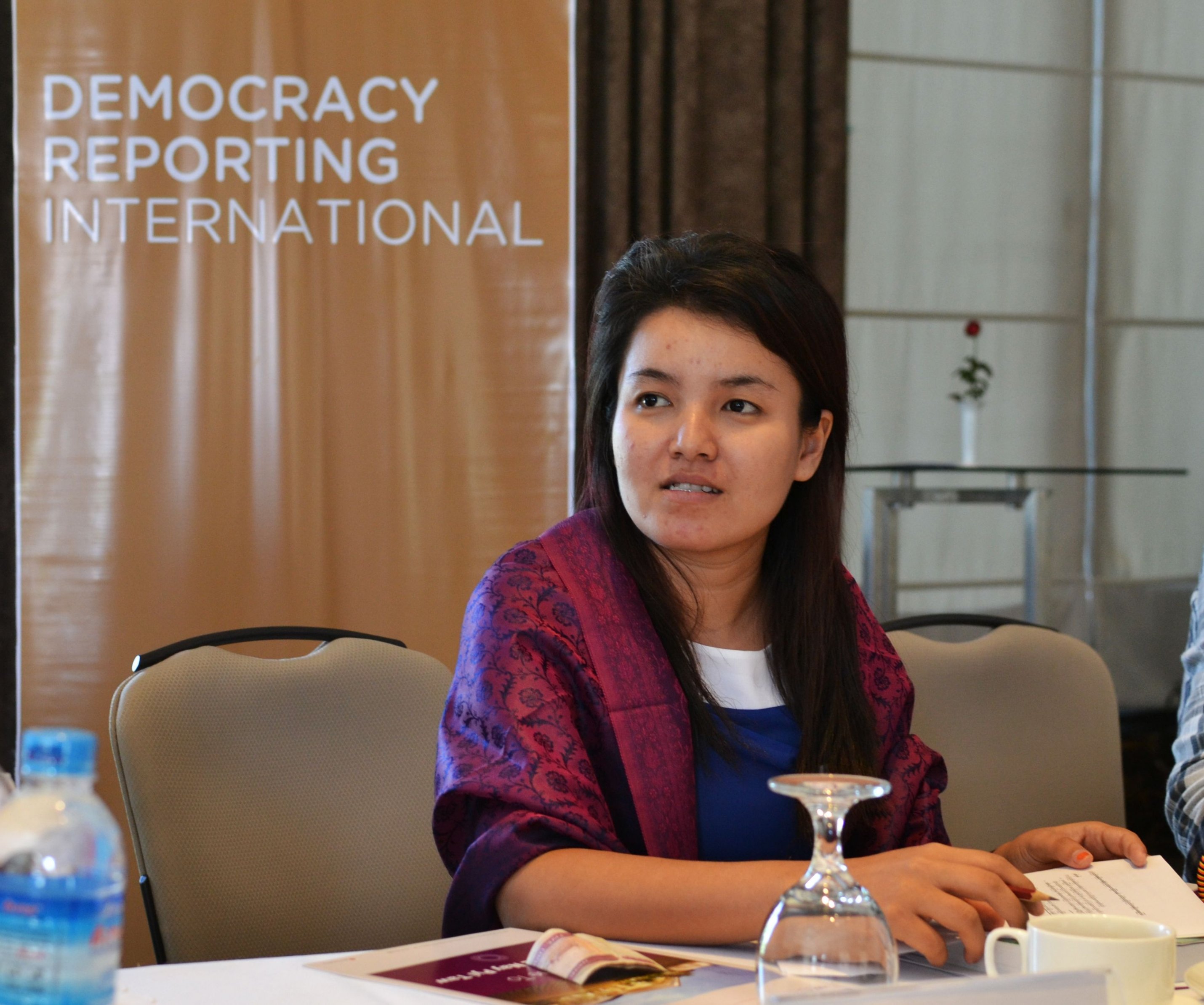Fellows on our Myanmar fellowship programme visited the country’s upper house – the Amyotha Hluttaw or ‘House of Nationalities’ – to gain firsthand experience of the workings of parliament. The programme gives 24 experts working in civil society organisations across nine regions in Myanmar the opportunity to advance their knowledge and practical skills in democratic goveance and advocacy.
The current Hluttaw has been in power in February 2016. The Myanmar Parliament comprises of 2 houses,Pyithu Hluttaw (Lower Chamber- 440 representatives,330 elected and 110 appointed by the army) and Amotha Hluttaw (upper house – 224 representatives,168 elected and 56 appointed by the army).
The group followed Parliament’s Question Time,where MPs put their questions to the govement. After the visit,the group discussed challenges faced by the new parliament. Fellows were conceed that MPs have little resources for research,hindering their abilities to carry out work.
“Having spoken with MPs earlier I know they are not able to use inteet. This is a barrier to their work”,said Law Reh from Kayah.
For many of the fellows, this was first time visiting the parliament and they were grateful for the experience. The group all agreed that it motivated them to build good relationship with MPs and that civil society has a key role to play in supporting them in their work. In a follow-up evening discussion,the group had another opportunity to interview MPs who joined the gathering.
On the last day of the training,the assistant Director of the Attoey General Office paid a visit to the fellows to describe the role and functions of the Attoey General in Myanmar,followed by a visit to the Attoey General Office.
The Myanmar Democracy Fellowship (MDF) programme,developed by Democracy Reporting Inteational (DRI) and Charity Orientated Myanmar (COM),focuses on comparative constitutional and electoral law,human rights,and democratic reform. The programme is split into four modules of five days each (ending in March 2017).
